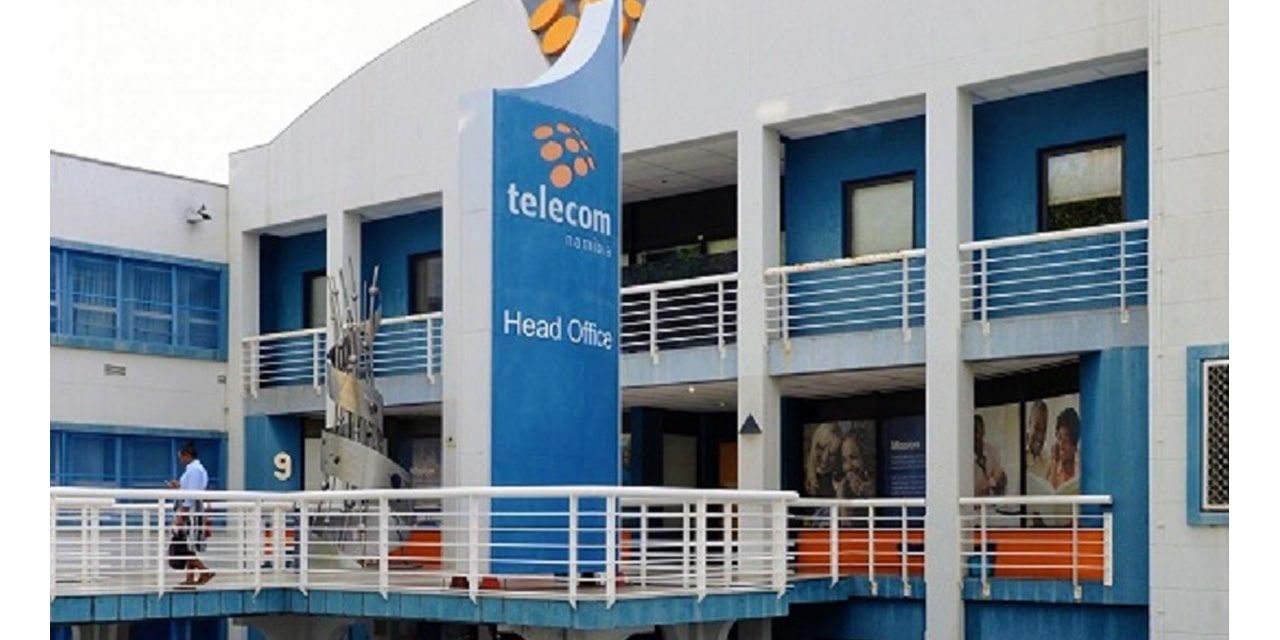Ester Mbathera
Telecom Namibia has acknowledged that some customers recently experienced technical difficulties with both our broadband and mobile services (TN mobile).
The company’s acting spokesperson Ndapewa Neshila said the company understands the frustration this can cause and apologises for any inconvenience.
“The technical issues have been resolved, however, some sporadic disruptions may still occur. We encourage customers who experience any issues to contact our Customer Care Center on 11000 for assistance,” she said.
Neshila further explained that the company is engaged in several initiatives to improve our network and bridge the digital divide.
“We recognize the challenges of connecting remote areas. High costs of replacing outdated technologies and maintaining infrastructure hinder service delivery. We are actively seeking solutions, such as replacing WiMAX with wider-reaching LTE technology,” she said.
She added that the company is also exploring partnerships with government agencies and research institutions to leverage combined resources for efficient and cost-effective infrastructure development, particularly in underserved communities.
Last week the Windhoek Observer reported that Telecom has been experiencing persistent data services interruptions that affected its clients.
Many prepaid clients have questioned if they will be compensated for the downtime
Information Technology special Japhet Shapopi said in the absence of a comprehensive policy or legal framework covering consumer protection in the telecommunications industry, clients will continue to be disadvantaged.
“For instance, Telecom Namibia LTE Services can be down for more than 5 days, the consumer has an active subscription (fully paid) but misses out on the service due to the failure, no compensation,” he said.
Information technology expert Paul Rowney attributed Telecom’s challenges to the lack of adequate infrastructure development, especially in rural areas where internet penetration is already low.
He also said the limited competition among internet service providers has resulted in a lack of incentive for providers to improve their services or invest in infrastructure upgrades.
“The lack of adequate internet infrastructure not only hampers individual opportunities but also undermines the country’s competitiveness on the global stage. Without meaningful progress in improving internet access and quality, Namibia risks falling further behind in the digital economy, exacerbating existing disparities and hindering overall development efforts,” he said.




